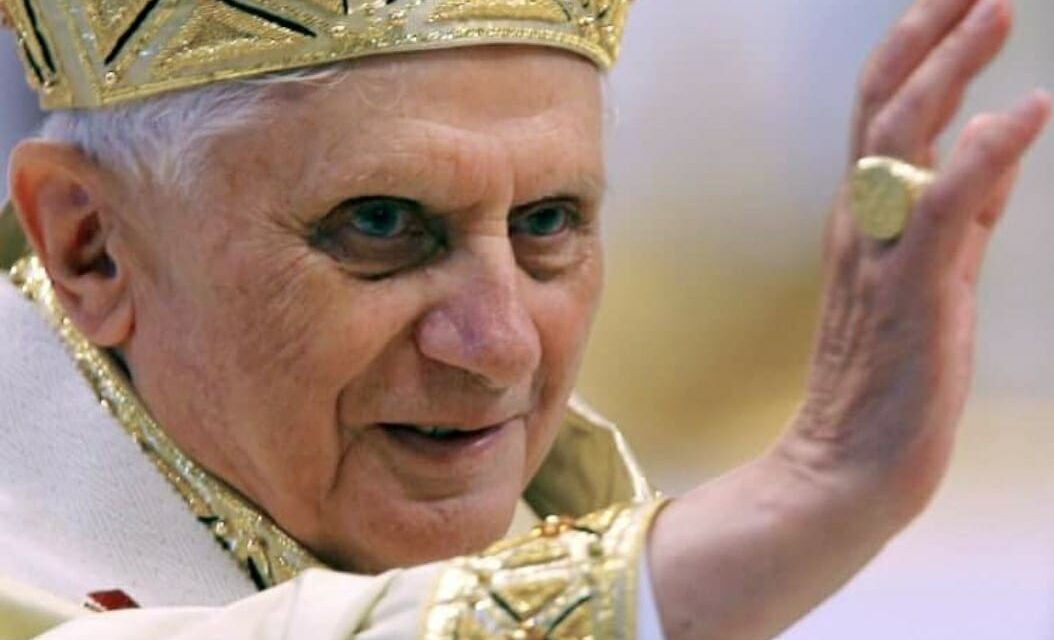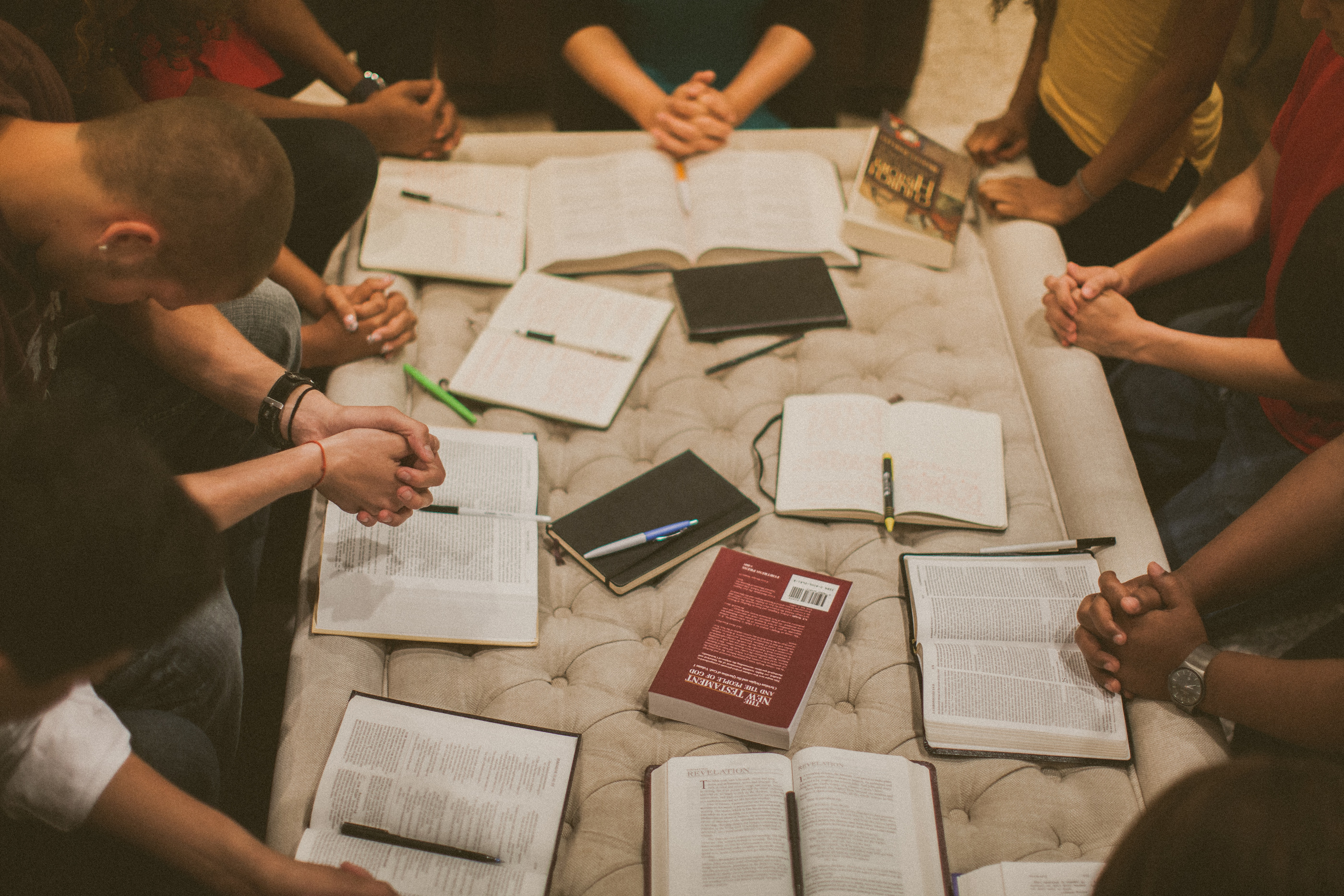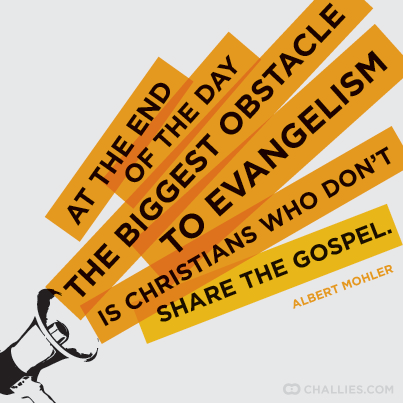Pope Emeritus Benedict XVI, the former German Cardinal Joseph Alois Ratzinger, was one of the Roman Catholic Church’s pre-eminent theologians with a long and illustrious career. Born April 16, 1927, in Marktl Am Inn, in Bavaria, Benedict, the son of a rural policeman, ‘will forever be known as the first pope in 600 years to resign.’ At age 14, against his will, he was enlisted in the Nazi youth movement but ‘deserted the German army in April 1945.’ As a result, he was imprisoned in 1945 in an American POW camp in Neu-Ulm. Benedict was ordained on June 26, 1951, along with his brother, Georg, in Freising. As a professor of theology at the University of Regensburg (1969-1977), Benedict was appointed and named archbishop of Munich and Freising on March 25, 1977. He was elevated to cardinal three months later by Pope Paul VI on June 27, 1977. He was named prefect of the Congregation for the Doctrine of the Faith by Pope John Paul II on November 25, 1981, and resumed in the post in March 1982.
When Pope John Paul died on April 2, 2005, as the dean of the College of Cardinals, Ratzinger, now Benedict, presided over John’s funeral on April 8, 2005. As the oldest pope elected in 275 years, Benedict, the first German, was elected at the age of 78 as the 265th leader of the Roman Catholic Church on April 19, 2005. Benedict ‘was elected on the fourth round of voting after the runner-up, Argentine Cardinal Jorge Mario Bergoglio — the future Pope Francis — took himself out of the running.’ With his chosen name Benedict XVI, he described himself as a “simple, humble worker in the vineyard of the Lord.” He was installed as people with Mass on April 24, 2005. On February 11, 2013, Benedict made ‘the historic announcement in Latin that he would become the first pope since Gregory XII in 1415 to resign.’ Benedict was faulted on January 21, 2022, for ‘his handling of four sex abuse cases while bishop of Munich in the 1970s and 1980s by an independent report commissioned by the German church.’ On February 8, 2022, Benedict asked for ‘forgiveness for any “grievous faults” in the handling of the Munich priests but denied personal or specific wrongdoing.’ Benedict will be remembered for ‘his distinctive stamp on the papacy, displaying compassionate, pastoral qualities that contrasted with the rigorous didacticism for which he had been known earlier in his career.’
The element of the divine constitution of the Roman Catholic Church does not consist of the honorary title of “pope emeritus.” German Cardinal Gerhard Mueller, the successor to the former Cardinal Joseph Ratzinger as the head of the Vatican’s doctrine office, explained that ‘there was no legal or theological basis for a “pope emeritus” and said the title was made up and deeply problematical.’ Muller argued that the “emeritus” title used for retired bishops to the pope was misguided since the pope is not just any bishop or even the “first among equals,” but rather the Vicar of Christ on Earth.’ The practice remains ‘that any retired pope no longer had any claim on the papacy.’ Benedict, holding to his promise to live “hidden to the world” in retirement, did speak out occasionally. In 2020, Benedict co-wrote a book, ‘From the Depths of Our Hearts’ reaffirming the “necessity” of a celibate priesthood, ‘at the same time, Francis was weighing whether to ordain married men in the Amazon because of a shortage of priests there.’
Benedict raised ‘the specter of a parallel magisterium, or official church teaching, at a time when the church was already polarized between conservatives longing for Benedict’s orthodoxy and progressives cheering Francis’ merciful bent.’ Benedict later distanced himself from the publication in obedience to official Vatican guidelines to live by for future retired popes. Those guidelines read: “The bishop emeritus will be careful not to interfere in any way, directly or indirectly, in the governance of the diocese. He will want to avoid every attitude and relationship that could even hint at some kind of parallel authority to that of the diocesan bishop, with damaging consequences for the pastoral life of and unity of the diocesan community.” The testimony remains that Benedict, a conservative intellectual and Francis, a Jesuit enjoyed “excellent” relationship. According to Rev. Federico Lombardi “the presence of the retired pope in the Vatican Gardens “was felt as the discreet presence of someone who had loved the church a lot, and who continued to love her and pray for her.”
Using an African proverb, ‘when death comes to find,’ Benedict, at age 95, death found him alive in Christ Jesus in the Mater Ecclesial Monastery in the Vatican on Saturday, December 31, 2022. On February 6, 2022, Benedict wrote, “Quite soon, I shall find myself before the final judge of my life. Even though, as I look back on my long life, I can have a great reason for fear and trembling, I am nonetheless of good cheer, for I trust firmly that the Lord is not only the just judge but also the friend and brother who himself has already suffered for my shortcomings, and is thus also my advocate, my ‘Paraclete’. In light of the hour of judgment, the grace of being a Christian becomes all the more clear to me. It grants me knowledge, and indeed friendship, with the judge of my life and thus allows me to pass confidently through the dark door of death. In this regard, I am constantly reminded of what John tells us at the beginning of the Apocalypse: he sees the Son of Man in all his grandeur and falls at his feet as though dead. Yet He, placing his right hand on him, says to him: ‘Do not be afraid! It is I…’ (cf. Rev 1:12-17). Dear friends, with these sentiments, I bless you all.” According to his request, Benedict’s funeral would be celebrated solemnly but with “simplicity.” Therefore, the funeral Mass to be celebrated by Pope Francis in St Peter’s Square on Thursday, January 5, 2023, will remain an ‘unprecedented event in which a current pope will celebrate the funeral of a former one.’
Benedict will be remembered for his ‘single-minded vision to rekindle the faith in a world that, he frequently lamented, seemed to think it could do without God.’ He tried to reawaken Christianity in a secularized Europe.’ Benedict’s death as a Christian believer is a trade in of his physical existence in anticipation and preparation to be born to Eternal life.











Recent Comments